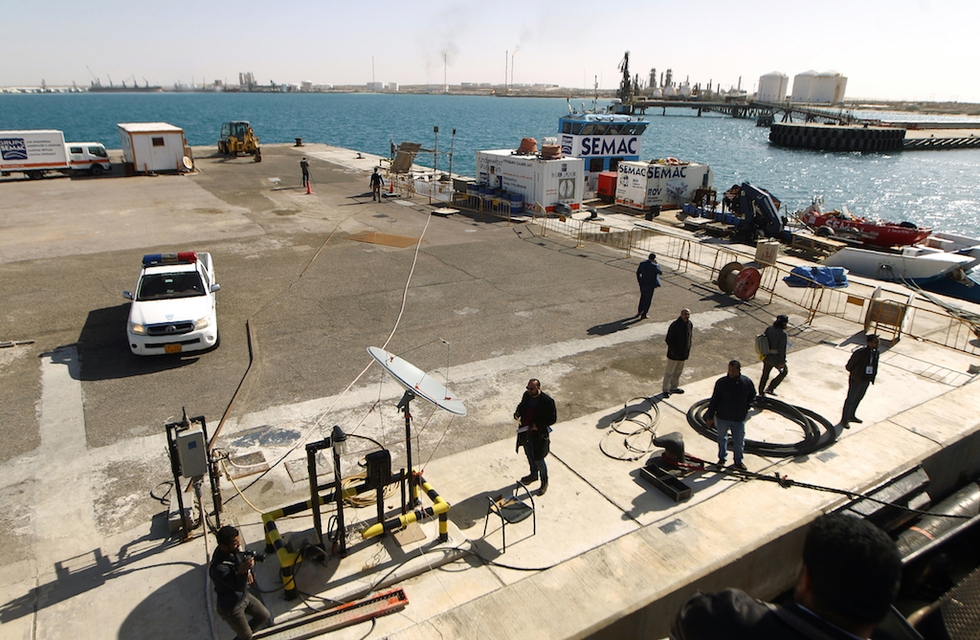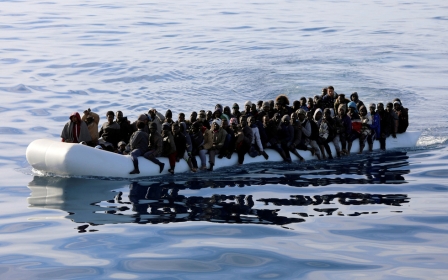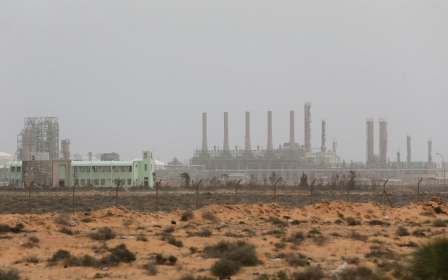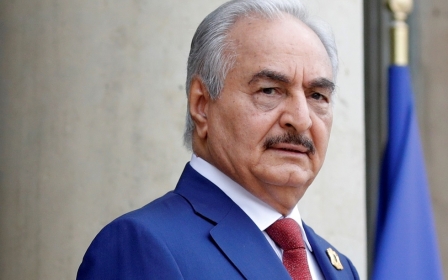Libya’s oil exports suspended amid political turmoil

Crucial oil ports recently recaptured by Libyan military chief Khalifa Haftar have been closed, the country's National Oil Corporation (NOC) declared on Monday.
The NOC said that oil exports from Libya's eastern al-Hariga and Zweitina seaports were due to halt following their capture by Haftar's forces. It added that the crisis has slashed production - previously estimated at one million barrels per day - by 850,000 bpd.
The NOC declared "force majeure" on crude oil loadings at the ports, a status that frees parties to a contract from their obligations due to circumstances beyond their control.
The state oil company is based in Tripoli where the UN-backed Government of National Accord is struggling to exert control in a country which has been divided among rival armed groups since 2011.
The NOC has also written a letter to the United Nations sanctions committee and foreign embassies, showing the evidence of Haftar’s "questionable contracts" in breach of UN resolutions that would lead to millions in dollars of oil revenues being siphoned out of the Libyan economy.
Chairman Mustafa Sanallah, in the letter, called for sanctions against 46 individuals and entities, including the chairman of a rival oil corporation based in the east.
Serious losses
Exports from the region's two other ports, Ras Lanuf and Al-Sidra - seized from a rival militia by Haftar's self-styled Libyan National Army (LNA) - were already suspended on 14 June.
According to the NOC, the suspension amounts to a $67.4m a day loss in Libya's heavily oil-dependent public revenues.
A standoff between two rival authorities has been continuing since the 2011 Nato-backed uprising that toppled and killed former ruler Muammar Gaddafi.
Last month, a local militia led by Ibrahim Jadhran seized the ports in the so-called oil crescent, which were then recaptured by Haftar's LNA.
The LNA warned that “no tanker will be allowed to dock in the ports without permission”, adding that it would hand the installations and their revenues to an eastern administration that rivals the GNA in Tripoli.
However, the GNA last week urged the UN to bar any "illegal" oil exports, and the NOC in the capital said on Monday it was the "only recognised Libyan entity" responsible for oil production and exports.
Britain, France, Italy and the United States said in a joint statement on Monday that the ports must be returned to Tripoli control.
“These vital Libyan resources must remain under the exclusive control of the legitimate National Oil Corporation and the sole oversight of the Government of National Accord,” said the joint statement by the four countries.
New MEE newsletter: Jerusalem Dispatch
Sign up to get the latest insights and analysis on Israel-Palestine, alongside Turkey Unpacked and other MEE newsletters
Middle East Eye delivers independent and unrivalled coverage and analysis of the Middle East, North Africa and beyond. To learn more about republishing this content and the associated fees, please fill out this form. More about MEE can be found here.




